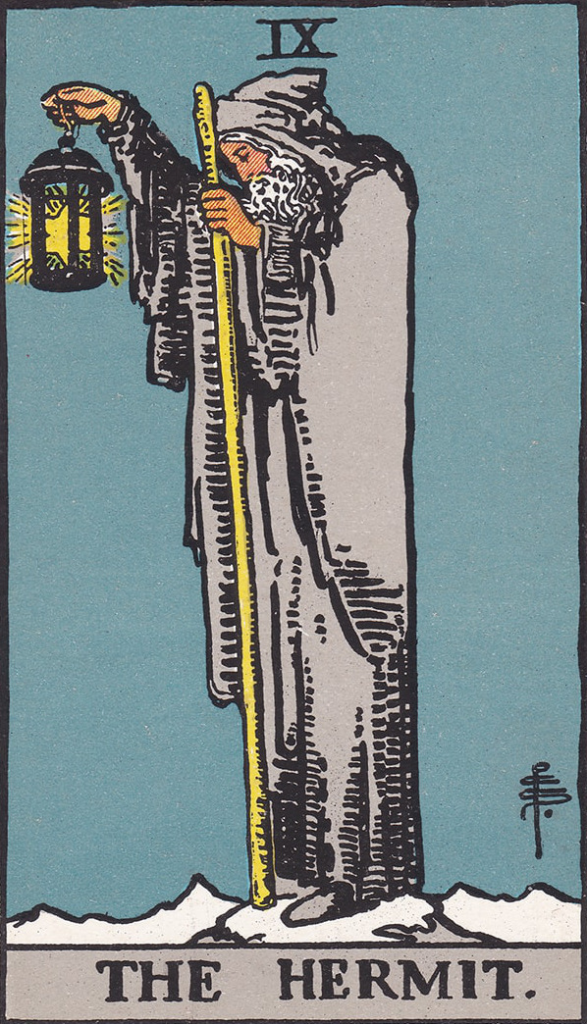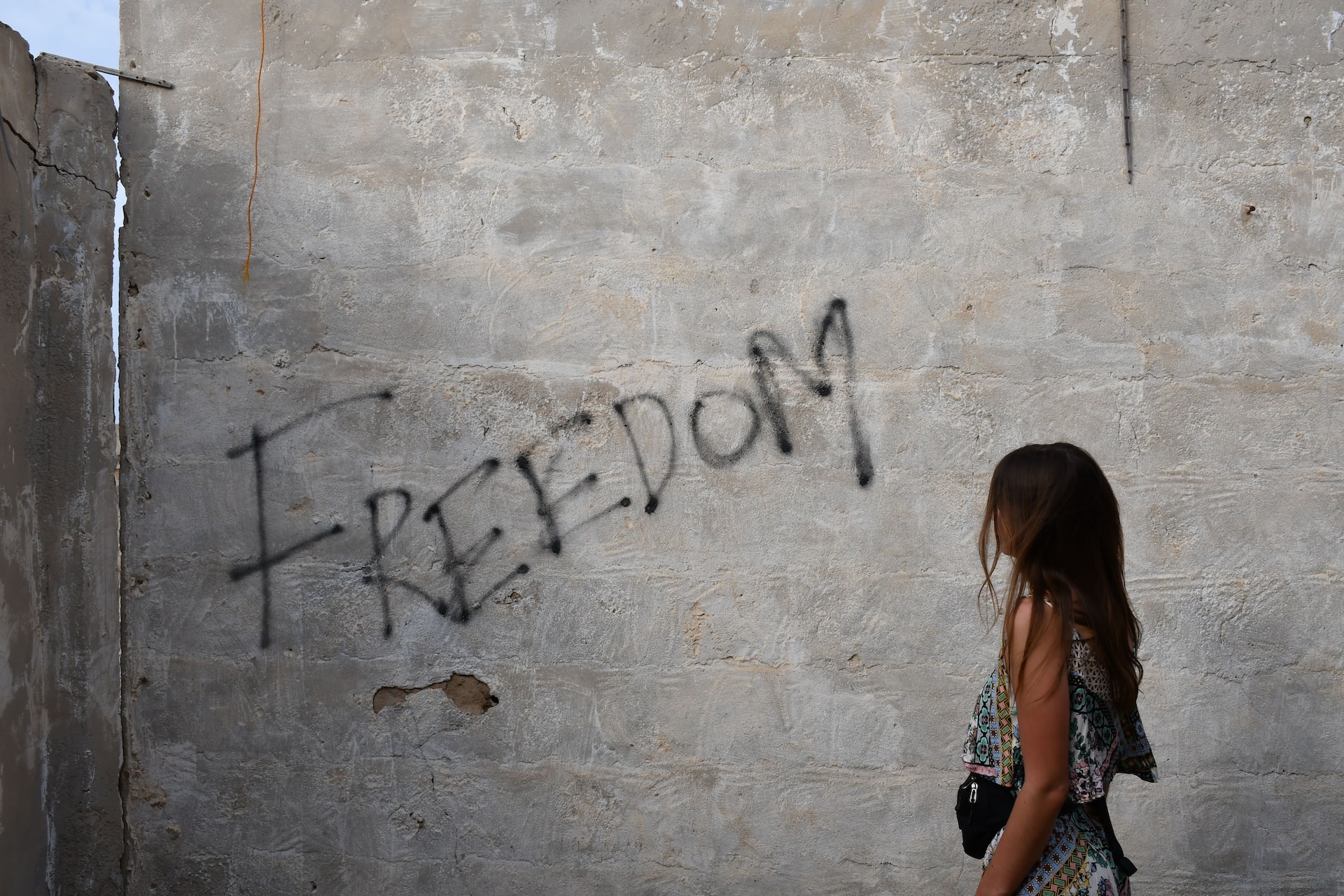Almost twenty years ago, before I became a therapist, I watched a very close friend go through their transition process. They were not the first transgender person I’d ever known, but they were one of my closest friends, someone I had been assuming was a fellow gay man.
I was startled by my own reaction to their coming out. Inwardly, I saw myself wanting to say all the things that I knew were unhelpful—doubt, disbelief, questioning. The exact kinds of things that I’d hated being said to me when I came out as gay in my teens. Blessedly I was able to keep a lid on most of it—though I’ve no doubt I telegraphed some of my process in accepting their reality.
At the time, they were required to undergo years of therapy before they could get access to hormone replacement therapy, and then more before surgery. Once all that was finally done, there was a crisis that led to the realization that they had a separate co-occurring mental illness which needed treatment.
I was horrified and angry. “How did you therapist miss this? You saw them for years!”
My friend explained to me that they were so concerned about this therapist blocking their access to transition care that they’d learned to have a high level of discretion about what they revealed and concealed in therapy. So all of those struggles lay buried beneath the performance required to convince their therapist they were transgender enough to be supported in transition.
How terrible, I thought. This gatekeeping around access to gender care created a compulsory and adversarial relationship between a person needing support and the therapist who should have been available for that support and wholeheartedly on the client’s side.
This adversarial relationship, to my mind, negates any benefit from compulsory treatment. A therapist ideally has no agenda for the client other than supporting them in making the best choices for themselves, helping them to thoroughly explore their own thoughts, feelings, doubts, conflicts, concerns and desires to identify their own goals. When a therapist is made to be gatekeeper for access to something the client wants or needs, then it is much harder to establish trust and transparency in the relationship. A client’s protector parts are more likely to come out and block certain information, or “read” the therapist to try to say what they think the therapist wants or needs to hear.
There are many assumptions made of mental health professionals that make no sense to me. Having been in this field as long as I have, I have direct experience of people with psychotic disorders or suicidal ideation who were able to mask long enough to convince their therapist or other mental health professional that they were doing okay. There are people who are fully capable of not showing you their struggles if they don’t trust you.
Putting us as gatekeepers for access to gender care implies that we have some authority to discern whether a client is “really” transgender. But we have no secret tricks or tests. All we have is the relationship and the trust a client gives us to tell us their truth, and that trust is only there when a client feels like I’m on their side and not judging whether or not they deserve access to something.
Making a therapist a gatekeeper, I’m saying, does the opposite of what it’s supposed to do. We get less reliable information. We aren’t always given access to a person’s ambivalence and questions.
When I went to school to become a therapist, I decided I wanted to be a force to reduce that gatekeeping, but to do so ethically and in accordance to professional expectations. I have had a number of clients pursue transition under my care, and I’ve written dozens of secondary letters of support for gender affirming surgery for free.
That secondary letter truly astounds me. Clients have already seen a psychologist to receive a thorough assessment of their gender history and co-occurring disorders, and then they’re expected to see another therapist to get a second opinion on whether they’re mentally competent to make choices for their healthcare.
I have never experienced any process so condescending when pursuing my own healthcare. Women can go get their breasts enlarged without a psychological assessment. Men can start taking Viagra without being expected to see a therapist to talk about alternatives to medication, like exploring the idea that when we age we tend to lose erectile functioning and what if you tried accepting your body instead of taking a medication to change it? These choices are between them and their doctors.
All that said, I’ve found the speed of transition has increased significantly since I started. The year of therapy before starting hormones is largely no longer required, people are accessing surgery and living as their gender sooner, and of course there has been a growing community of medical care treating transgender and gender-questioning youth. This has been wonderful for reducing the intensity and duration of the gates that mostly slow trans people down for the needs and concerns of insurance and healthcare providers.
And at times I’ve felt my own hesitation when a trans client seems fixated on transition as a cure-all for their distress. It’s not that transition is wrong for them, but that we should all be skeptical of thinking our problems will be solved by one big change.
Suicidal thining, for example, is a particular response to pain and distress that requires its own specific care and attention to work with, to build the emotional tolerance and skill to find other ways of dealing with this pain. Gender dysphoria is one kind of pain that may spur ideation, but resolving that does not necessarily mean one will never feel suicidal again. It’s good to know that and work with these issues in conjunction with the larger work of transition.
Because I generally do not practice cutting off people with ideological differences from me, I am a person who talks a lot to folks across the spectrum—trans and nonbinary people, gender affirming colleagues, and friends and family who have concerns or antagonism toward transgender identity.
One of the things I hear from concerned or antagonistic people is an increased concern about medical professionals rushing trans people through transition, or deciding for their clients that they are trans, or pressuring people whose gender confusion might com from another source.
Given my own history I certainly understand that if you’ve never known a transgender person, it can take some time to adjust to the reality. The hard thing about coming out as any kind of queer is that usually the person coming out has had months to years of getting clarity about their identity, and the person they’re telling may have only seconds before they’re expected to make a response. Hurtful things get said, and sometimes regretted. I also recognize that the growth of transgender visibility compels us to re-examine a number of our cultural institutions around gender segregation and how we determine who belongs in what spaces, and that brings up fear and anger. And I can even understand feeling anxious about a child making a choice that could permanently alter their bodies in irreversible ways.
What I do not understand is responding to these fears and anxieties with an attack on the medical procedure and the professionals who help folks make these choices. I’ve heard some folks wring their hands about unethical activist advocates or doctors “pushing” transition on children and adults who may not “actually be trans,” and so it’s safer to just ban transition care for children.
If there are such providers who are pushing trans identity on their clients and patients, they certainly are practicing unethically and should be reported and investigated. That is what we do with unethical medical providers. We don’t put blanket bans on medical care.
From the perspective of a mental health professional who has had to deal with the tedious and frustrating bureaucracy of helping a person get surgery, I have a hard time imagining a world where a person could be rushed through the process without being rich enough to pay out of pocket. I work in one of the most gender-affirming places in the United States and it’s still a slow, exasperating process.
I do not personally work with children or anyone under the age of 18, so I cannot speak to the experience of providing gender care to such people. I think it scares non-trans people because they see that kids can be easily confused, easily duped, stupid, or get caught up in trends and peer pressure.
I think of myself at the age of 13 realizing I was queer, and then all the adults who told me I didn’t know myself and should keep quiet about it because I could change my mind. And here I am almost thirty years later, and I can tell you now that I was completely correct about my identity and that the signs were there from a really young age. And my friend, whom I doubted, is still who they are.
That’s only a certain amount of anecdotal evidence, and I have heard other anecdotal stories about people being pressured to transition by family, friends, and spiritual community, but I don’t have numbers showing this as an enormous social problem other than general fear.
There are kids who might have gender dysphoria for a while and decide they are cisgender, which is an incredibly small 2.5% based on current evidence, kids who have gender dysphoria at 6 that resolves around 10-13 to cisgender identity. (With that age gap, do these kids even get any medical interventions?)
I have friends and peers who transitioned and later transitioned back to their original gender identity, and the reasons for this are complex and aren’t always because they weren’t “really” trans. In some cases, the social pressure and antagonism proved greater than the benefits of transition. In some cases, the medical side effects of transition were untenable. In some cases, their gender experience just changed again.
When we’re talking specifically about adults, I question the concern about these cases. Adults are allowed to make all kinds of decisions about their bodies and lives that are inalterable and life-changing, and part of life is learning to live and adapt to the unforeseen consequences of these decisions. I’m not sure how medical transition is such a concerning event warranting this level of gatekeeping compared to other choices like enlisting in the military, getting a tattoo, having babies, getting married, all of which have unforeseen life-altering consequences.
It is very American to insist on individual liberty for the things that make sense to us and to not want individual liberty for other people’s choices when we do not understand or agree with them.
The backlash against trans people is only the tip of the spear of the right-wing pushback against all the gains queer people have made in my lifetime, and it’s bad enough, and I expect it will worsen before it gets better.
But when it changes again, there will still be gender-variant people.










